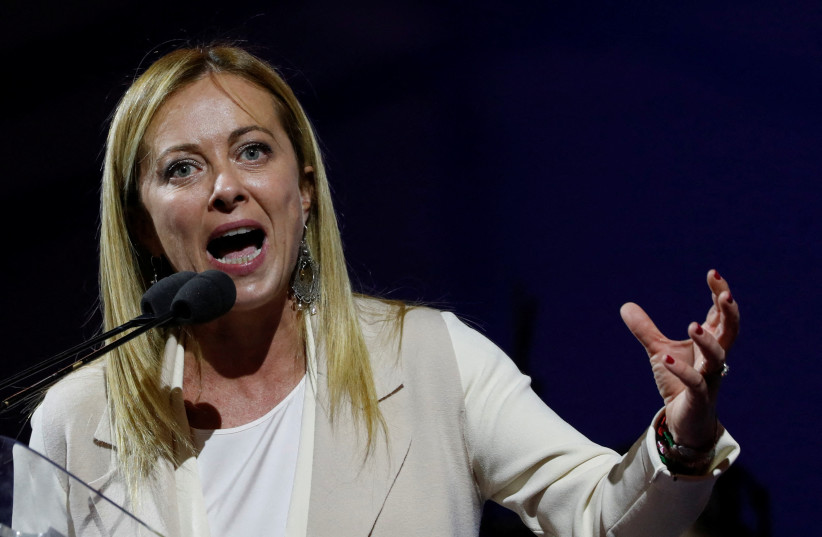Italian Deputy Prime Minister Matteo Salvini distanced himself on Monday from Western leaders' critical response to Vladimir Putin's landslide victory in Russia's presidential election, saying the voters' verdict must be accepted.
Putin, who has already led Russia for nearly a quarter of a century, won the three-day election ending Sunday with a record post-Soviet landslide, extending his rule by six more years.
The United States and Europe said the elections were neither free nor fair as Putin has clamped down on media-imprisoned opponents and prevented others from running against him.
Salvini, leader of Italy's far-right League party and a staunch ally of Putin before Russia's February 2022 invasion of Ukraine, said the outcome must be accepted because "when people vote, they are always right."
"They (Russians) voted, and we acknowledge that, hoping that 2024 will be the year of peace," he told reporters on the sidelines of a conference in Milan.
Salvini's remarks highlight internal tensions
Salvini's remarks highlight internal tensions within Prime Minister Giorgia Meloni's coalition government.

Foreign Minister Antonio Tajani, leader of the centrist Forza Italia party and a deputy prime minister alongside Salvini, said on Sunday that Russia's presidential election was "neither free nor fair."
When asked about Salvini's remarks on Monday, Tajani said: "Italy's foreign policy stance is that of the foreign minister."
Meloni herself has yet to comment on the Russian vote but has voiced robust support from Italy to Ukraine during its two-year struggle to push back the invading Russian forces.
Last month, Salvini drew criticism in Italy over his response to the death of Putin's most prominent opponent, Alexei Navalny, in a remote Arctic penal colony.
Even as most Western governments blamed Moscow for causing Navalny's death - an accusation rejected by the Kremlin - Salvini said that judgment should be withheld until "Russian doctors and judges" establish the truth.
The League is polling below 9% ahead of European Parliament elections in June, a far cry from the more than 30% it enjoyed five years ago.
Analysts say that in an effort to rekindle support, Salvini has moved further to the right, but the shift has not yet swung the polls his way.
